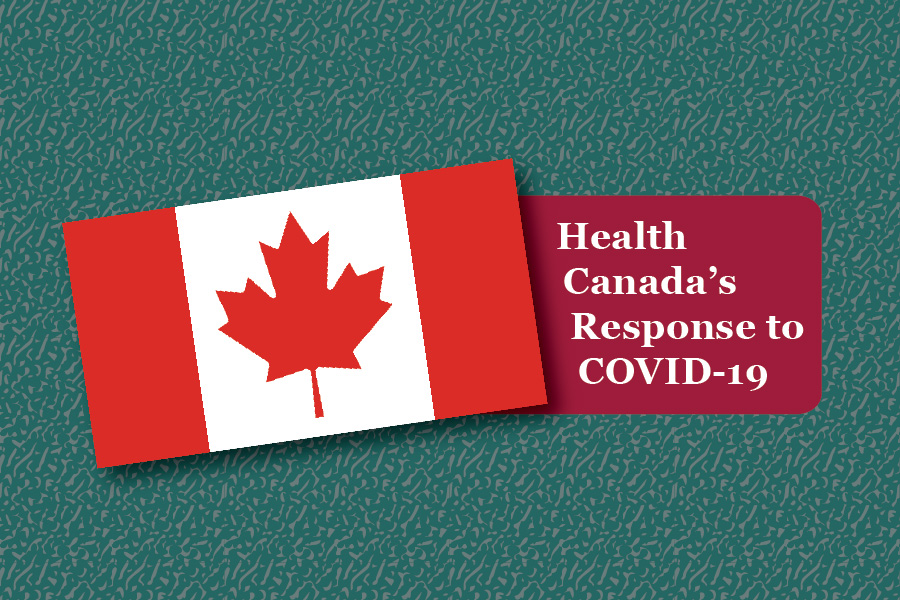Canada has been facing the same difficulties as many other nations due to the novel coronavirus. In light of the shortage of medical equipment and the PPEs, Health Canada relaxed their policies to let medical equipment and other necessary supplies to be distributed in Canada. Below are some of the policies that Health Canada rolled out to prevent shortages of supplies and ensuring that safe and effective products are distributed in the market for use.1
Health Canada published an interim order that stays in effect during the public health emergency which allows for the import of medical devices that are essential in relation to COVID-19. The order allows for such devices to be imported and exempts manufacturers from complying with the Canadian Medical Device Regulations, application fees and the requirement for the manufacturer to hold an MDSAP certification.1
A guidance document was released by Health Canada that addresses the supply of gloves, gowns, face masks and respirators. According to the guidance document, Health Canada is providing fast track approvals of PPEs that follow the appropriate labeling requirements and risk mitigation measures. Health Canada is also providing fast track approvals to import noncompliant masks such as those gone beyond their shelf life to boost their supply of PPEs.1
Health Canada also released a notice regarding the policy that covers fast track approvals for ventilators. The notice allows for an expedited review of COVID-19 medical devices. Health Canada encouraged manufacturers to use the FDA’s temporary policy for granting Emergency Use Authorizations for ventilators in addition to Health Canada’s required review elements when submitting their fast track approval applications. Some of the required elements are:2
- Device description
- Design philosophy that compares the similarities and differences between the subject ventilator and any other similar licensed ventilators in Canada or other countries
- Labeling documents
- Marketing history
- A Declaration of Conformity (DOC) to Health Canada recognized standards
- Summary of bench testing
- Summary of software verification and validation
- Summary of clinical evidence
Have more questions about Health Canada? Call us today at 248-987-4497 or email us at info@emmainternational.com.
1Emergo (April2020) Health Canada responds to COVID-19 emergency retrieved on 04/15/2020 from https://www.emergobyul.com/blog/2020/04/health-canada-responds-covid-19-emergency
2Health Canada (March 2020) Notice: Importation or sale of ventilators – use of US FDA guidance and Canadian requirements for authorization under the Interim Order retrieved on 04/15/2020 from https://www.canada.ca/en/health-canada/services/drugs-health-products/medical-devices/activities/announcements/covid19-notice-importation-sale-ventilators.html#a2






